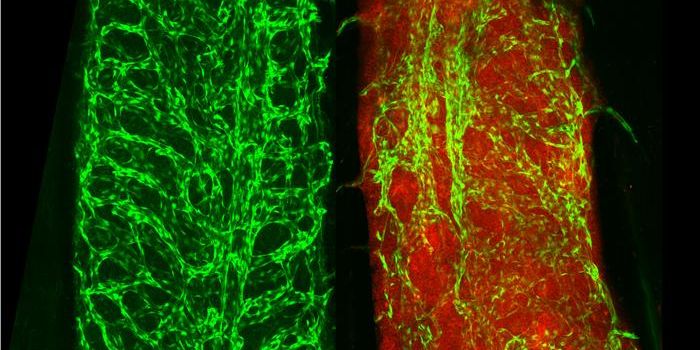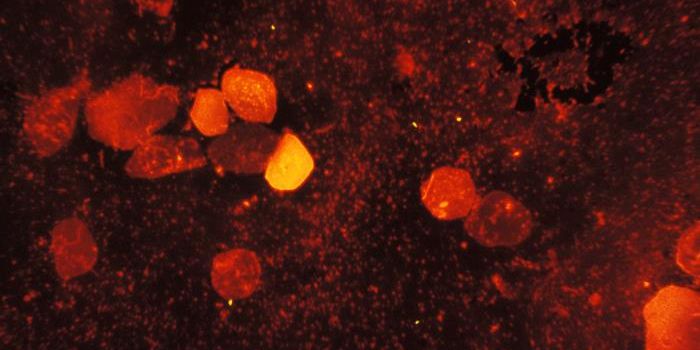Is your kid's stomach ache from appendicitis? Probably not.
Complaints about a painful belly are a common childhood lament. In such situations, the first thing that comes to concerned parents’ minds is often the possibility of appendicitis. This consideration extends to the emergency room where children showing symptoms of severe abdominal pain around the navel, vomiting or a distended abdomen are often whisked straight into the operating theatre.
Appendicitis results from the acute inflammation of the appendix, a finger-shaped projection off the colon. If ignored and untreated, an inflamed appendix can rupture, causing bacteria to flood into the abdominal cavity, which has potentially deadly consequences.
The problem is, without stringent and comprehensive diagnostic protocols for appendicitis, misdiagnoses are frequent occurrences. Researchers from the University of Birmingham reported that in the UK, appendix removal surgeries are the most common emergency procedure in children. Alarmingly, however, one in every six of these children underwent a completely unnecessary operation, with the cause of their abdominal distress eventually identified as not being due to appendicitis at all.
Children subjected to such avoidable surgeries are put at risk of complications and have to contend with long recovery periods and stress. Additionally, in the long run, these needless costs can strain national healthcare system resources.
The authors recommend that to circumvent this problem, urgent improvements need to be made to the way cases of children presenting with abdominal pain are handled. Specifically, more thorough diagnostic tests such as ultrasound imaging need to be performed for medium and high-risk patients prior to committing to surgery. In cases where the ultrasound results prove inconclusive, further imaging tests such as CT scans and MRI should be performed.
Study lead and researcher from the NIHR Global Health Research Unit on Global Surgery, Dmitri Nepogodiev said, “It’s important that children receive the right diagnosis before a decision is made to operate. Ultrasound scans have the advantage that unlike CAT scans they do not expose children to radiation. They have been found to be an effective diagnostic tool in other countries, but we found that in the UK ultrasound is frequently inconclusive. Hospitals should ensure 7-day-a-week availability of ultrasound done by staff specially trained to assess for acute appendicitis in children.”
Sources: University of Birmingham, The Lancet Child & Adolescent Health.









